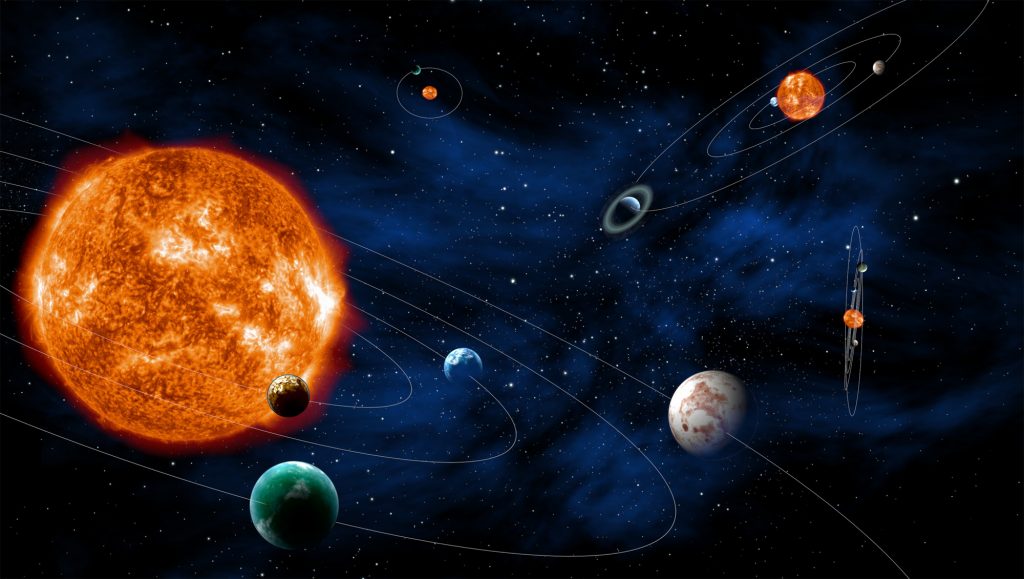PLATO – on the search for exoplanets with direct Czech participation
PLATO (PLAnetary Transits and Oscillations of Stars) is next medium-class „M3“ mission of the European Space Agency (ESA) Science Programme, currently under development. The PLATO‘s mission is to find and study extrasolar planetary systems, especially the rocky planets around Sun-like stars located in the so-called habitable zone, i.e. at a distance from the parent star that allows the existence of water in the liquid state on the planet’s surface. PLATO will prepare the first catalogue of confirmed exoplanets and their properties. The mission is to be launched in 2026.
The Czech team is made up of researchers from the Astronomical Institute of the Czech Academy of Sciences. Thanks to the PLATO mission, Czech scientists will be involved in the analysis of the received data, the Czech group will also be part of PLATO PCOT (PLATO Calibration and Operations Team), which will be involved in the development of data processing software and in the monitoring of the state of the instrument.
The Czech side will be also responsible for transporting of PLATO’s 26 cameras. To this end, the Czech side will supply 33 high-tech shipping containers, which will have to meet the high demands for safe camera transportation (high demands on cleanliness, shock resistance, etc.). The supplier of the transport containers will be selected in a tender issued by ESA, which will be limited to Czech companies only.
Due to this contribution to the mission’s scientific instrumentation, the Czech team will become part of the mission’s scientific consortium and will be able to participate in the mission preparation and will then have exclusive access to the obtained data. At the same time, the project will allow the Czech side to influence the PLATO mission, as the Czech side will receive a representative in the PLATO Scientific Board.
Exoplanets are currently in focus of the ESA Scientific Programme. PLATO will expand on the work of CHEOPS, ESA’s upcoming exoplanet watcher, which will be launched in autumn 2019 to perform a first characterization of known planets. PLATO will be followed by ARIEL, scheduled for launch in 2028, which will observe a large and diverse sample of exoplanets to study their atmospheres in great detail.
Czech participation in PLATO will be supported by almost 840 000 EUR from the contribution of the Ministry of Education, Youth and Sports to the ESA PRODEX programme. The costs of PLATO, which do not include costs of the scientific payload and which are funded by the ESA Science Programme, are estimated at over 680 million EUR.
The ESA‘s Science Programme currently offers many other opportunities for Czech scientific institutes and businesses.
